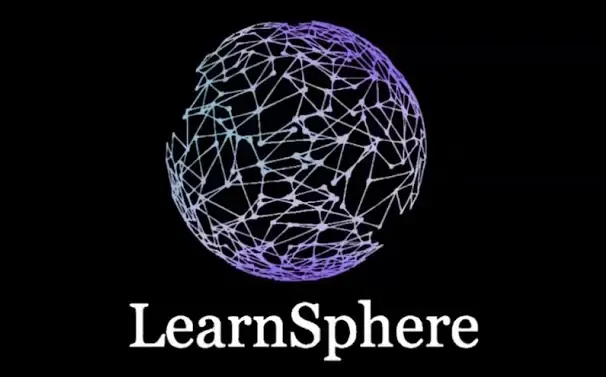Submitted by: John Stamper, Carnegie Mellon University
Intervention Types : Process, Software
Our goal is that LearnSphere can transform scientific discovery and innovation in education by providing scalable data infrastructure that permits educators, learning scientists, and researchers to easily collaborate over shared data using the latest tools and technologies. This process and technology is likely to be successful in a wide range of classes in which online data can be collected. The greatest impact will be in identifying roadblocks in gatekeeper courses.
LearnSphere has been developed by researchers at CMU, MIT and the University of Memphis and is funded by the National Science Foundation. This is a community software infrastructure around the analysis of educational data.
LearnSphere builds on the lessons learned from DataShop, which is currently the world’s largest open repository of transactional educational data. It contains more than 500 datasets comprising almost 150 million transactions and more than 330,000 hours of student data. More than 5,000 researchers from more than 800 institutions have used DataShop. DataShop’s data and tools have resulted in hundreds of publications and data citations, which have continued to grow over the nine years that DataShop has existed. Experience with DataShop convinced us of the value of such an open repository but also of the need for ways to handle a wider range of data types. LearnSphere is designed to address those expanding needs.
With this tool, educational researchers can not only access the work of others, but also easily share their own findings and collaborate on projects. By creating the building blocks that let individual groups of researchers come together and share their data with others, we can advance the learning sciences in the same way that harnessing and sharing big data has advanced other fields. We are also growing the user community through engagement of new users, especially those attending relevant new and existing conferences in the learning sciences. We are building on the success of the existing LearnLab winter and summer schools, which we have run both locally, at major conferences and workshops, and internationally (including in India).
Conclusions and Lessons Learned
- LearnSphere provides infrastructure for learning science researchers to share data and collaborate on productive projects
- With this tool, educational researchers can not only access the work of others, but also easily share their own findings and collaborate on projects.
- LearnSphere builds on decades of experience with learning ata curation and sharing, most recently in DataShop.
- The effort will engage new users through conferences and workshops in order to build the community of LearnSphere researchers and data contributors.
Learn More
Cited References
- Koedinger, Ken, Julie L Booth, David Klahr. Instructional Complexity and the Science to Constrain It. Science. 22 Nov 2013:Vol. 342, Issue 6161, pp. 935-937
- Kenneth R Koedinger, Ryan S. Baker, Kyle Cunningham, Alida Skogsholm, Brett Leber, John Stamper A data repository for the EDM community: The PSLC DataShop. Handbook of educational data mining. Volume 43, October 2010.



